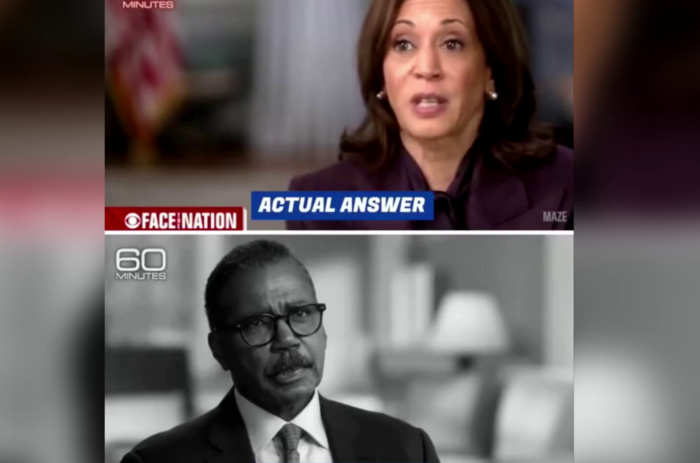redo Jump to...
print Print...
Example of Media Bias:
If the network newscasts spent as much time telling their audiences about the good things U.S. soldiers are doing for Iraqis as they spend on car bombings, body counts and contrived scandals, the public would have a completely different opinion about the war in Iraq.
Kudos, then to ABC World News for devoting a segment to other side of the Iraq story. The September 27 broadcast featured a heartwarming story of real patriotism and generosity. Sgt. John Kempen is the hero whose extraordinary compassion made it possible for a young, blind Iraqi girl to see.
Reporter Barbara Pinto’s spotlight on Kempen is a prime example of the power of positive storytelling. In his own words, Kempen told Pinto about a young girl he noticed one day in the streets of Baghdad while soldiers were handing out candy to children. “I noticed this one little girl, they were actually bringing her the candy. And she was running around with her hand over her eyes trying to see the candy. But she couldn’t see it. “It was hard to watch. You wanted to fix it.”
Kempen took it upon himself to do just that. He challenged the citizens of Crandon, Wisconsin., a rural town near where he grew up, to finance a corneal transplant for the 7-year-old girl. As Pinto reported, Crandon grade schoolers and the local Lions Club raised money for little Zahraa, and a local clinic donated the surgery.
Pinto was in the small Wisconsin town with Zahraa and her grandmother when the little girl had one eye operated on, enabling her to see for the first time. Pinto reported that the surgery for her other eye would take place in a few weeks’ time. When she has healed, Zahraa will return to Baghdad where she will see her parents … for the first time.
Pintoâ’ story deserves recognition not only for drawing attention to a community’s efforts to do something extraordinary for a little girl, but also for shining a rare light on the charitable work of U.S. soldiers. There are many, many more stories like Sgt. Kempen’s out there. Too bad the networks don’t tell those tales more frequently.
Go to CultureandMediaInstitute.org for the original posting.
To accurately identify different types of bias, you should be aware of the issues of the day, and the liberal and conservative perspectives on each issue.
Types of Media Bias:Questions
1. What type of bias is displayed by news organizations that do not print or air stories about the many good things U.S. soldiers are doing for Iraqis? (While broadcasting countless stories about the few bad soldiers such as the Abu Ghraib story) [Scroll to the bottom of this page for the answer.]
2. OPTIONAL: If you would like ABC News to provide more of the good news stories about our soldiers, write to ABC News at abcnews.go.com/Site/page?id=3052660
Scroll down to the bottom of the page for the answers.
Answers
By not publishing the many good things U.S. soldiers are doing for Iraqis, news organizations display bias by omission and story selection.



